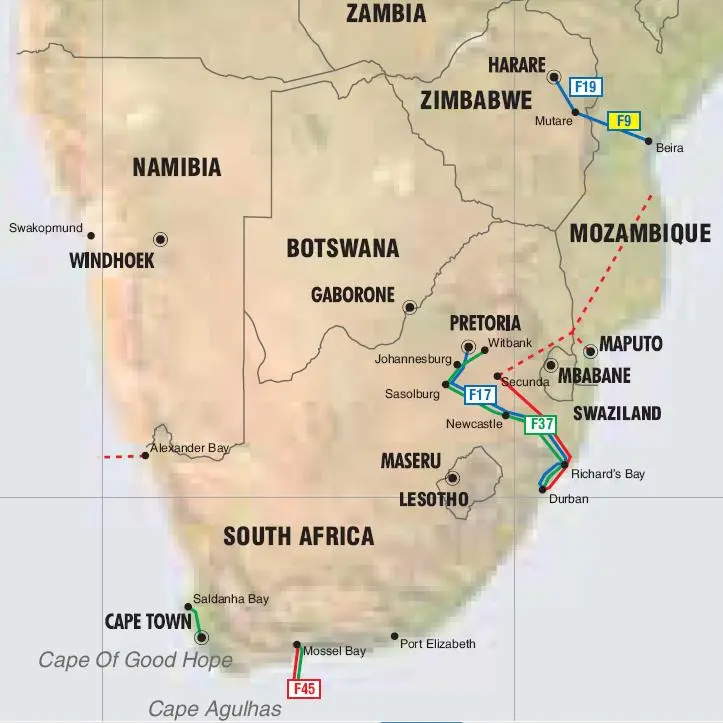The Beira-Zimbabwe fuel pipeline, operational since 1984, is going through a significant change.
The government recently withdrew a decree giving control to specific ministers. Initially, the company Companhia de Pipeline Moçambique-Zimbabwe (CPMZ) managed the pipeline.
Moving forward, three government ministers will take charge. These officials oversee finance, mineral resources and energy, as well as transport and communications.
Their task is to set up effective procedures to keep the pipeline running smoothly.
Filimão Suaze, a government spokesperson, clarified the new arrangement. According to Suaze, the ministers have multiple objectives.
They must ensure the pipeline remains functional and also safeguard its benefits. Moreover, they have a role in stabilizing current investment plans tied to the pipeline’s operation.
In summary, this shift in control aims to make the pipeline’s operation more effective and secure.

It seeks to maintain the ongoing benefits while also paving the way for future investment.
The change does not affect the responsibilities of other governmental bodies involved in pipeline operations.
Background
This pipeline has been a crucial piece of infrastructure since its inception in 1984. It serves as a vital link between Mozambique and Zimbabwe for fuel transportation.
The Companhia de Pipeline Moçambique-Zimbabwe (CPMZ) was the main operator for nearly four decades.
Over the years, the pipeline has seen numerous upgrades to meet increasing demands. Historically, the pipeline has contributed significantly to both economies.
Mozambique has boosted the energy sector, while in Zimbabwe, it has been a stable fuel source.
The shift to ministerial oversight aims to adapt to current market trends and regulatory needs.
By diversifying control, the government hopes to attract further investment and modernize the pipeline for future challenges.

